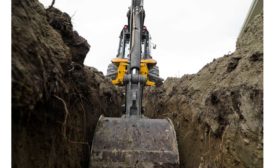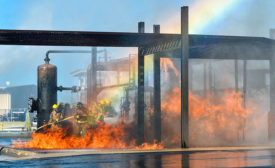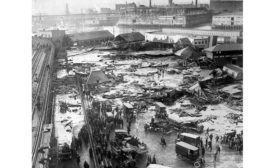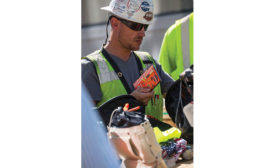Government Safety Regulations
Selection, care & use of FR garments
NFPA 2113 standard spells it out for you
January 18, 2019
Compressed air can be lethal
Workplace injuries, often created by misuse, can be devastating
January 17, 2019
Report problems & precursors early & often
Hey, you — keep that door open!
January 16, 2019
OSHA: Pa. company exposed its workers to trenching hazards
Trench was filling with water, had no cave-in protection
January 15, 2019
Time to educate workers about dropped objects risks
Understanding ANSI/ISEA 121-2018
January 11, 2019
Never miss the latest news and trends driving the safety industry
eNewsletter | Website | eMagazine
JOIN TODAYCopyright ©2024. All Rights Reserved BNP Media.
Design, CMS, Hosting & Web Development :: ePublishing









